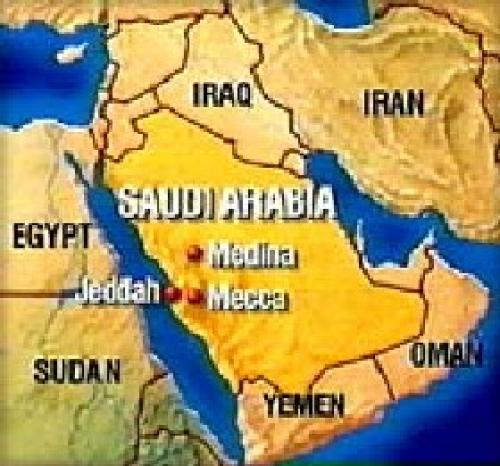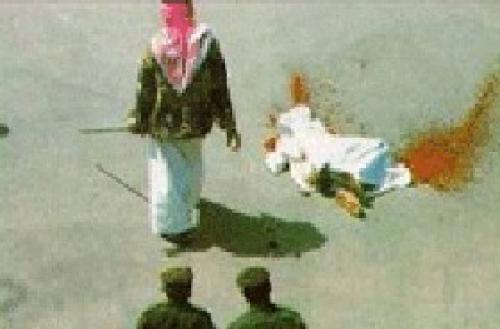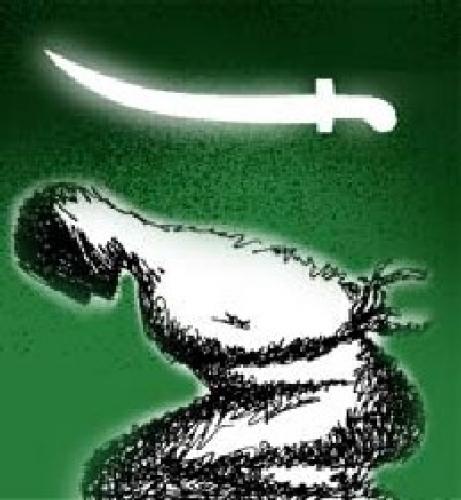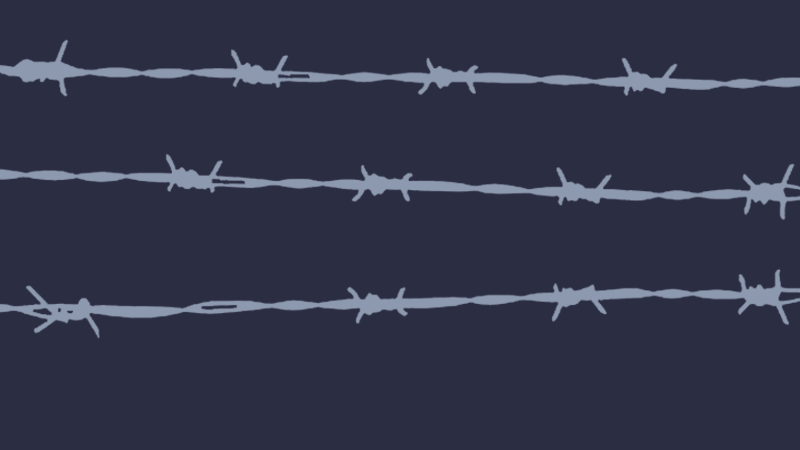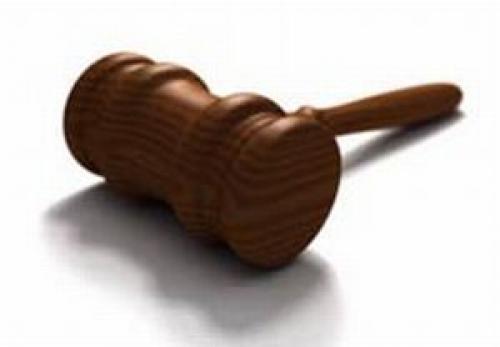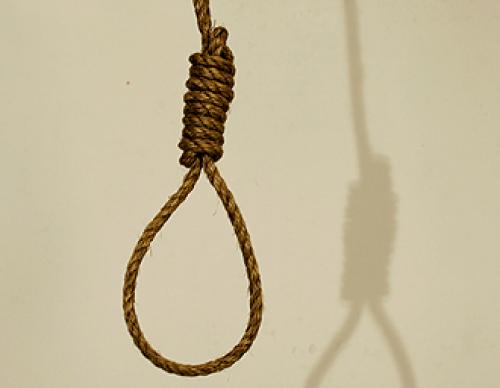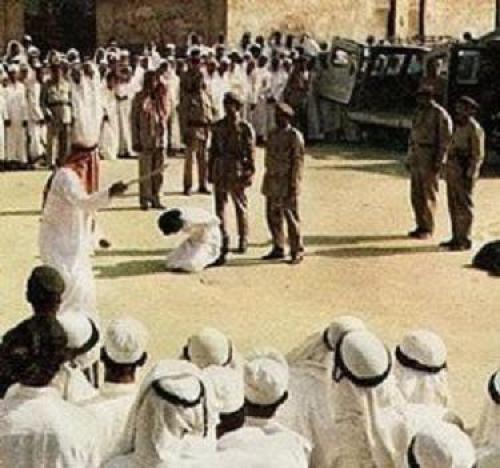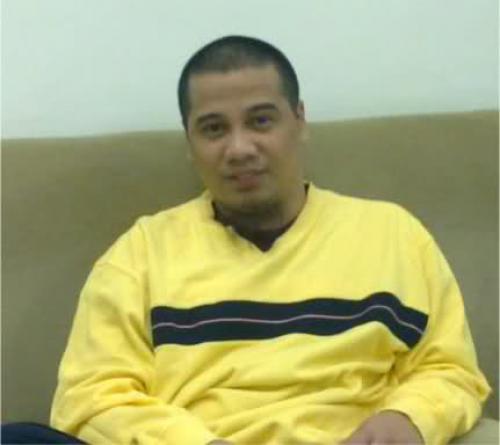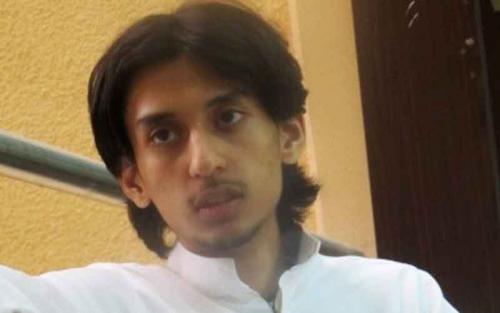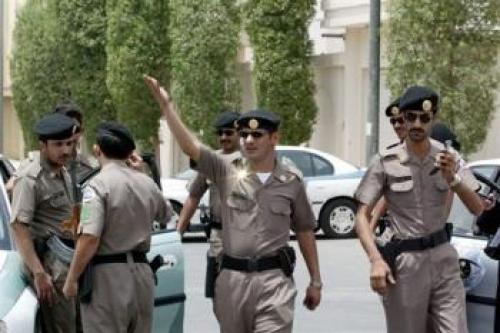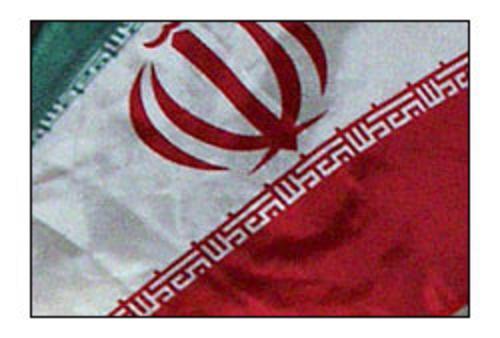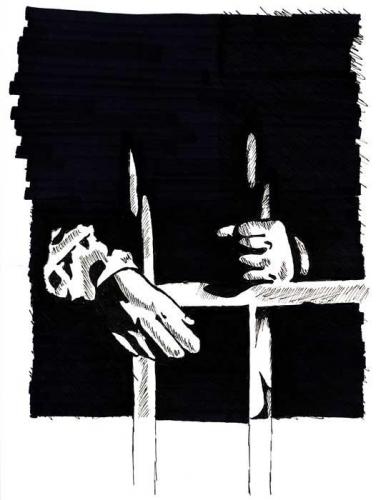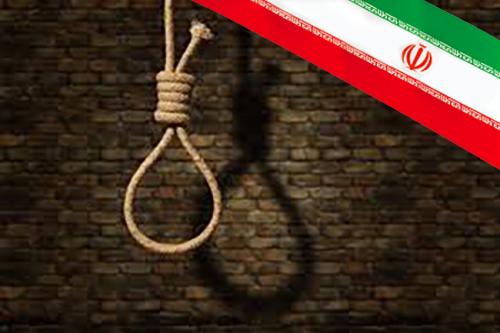government: Traditional monarchy
state of civil and political rights: Not free
constitution: governed according to Shari'a (Islamic law); the Basic Law that articulates the government's rights and responsibilities was introduced in 1992
legal system: based on Sharia law; several secular codes have been introduced
legislative system: a consultative council (90 members and a chairman appointed by the monarch for four-year terms)
judicial system: Supreme Council of Justice
religion: Muslim 100%
death row: more than 100 (Sources: AI, 10/06/2011)
year of last executions: 0-0-0
death sentences: 3
executions: 84
international treaties on human rights and the death penalty:Convention on the Rights of the Child
Convention Against Torture and Other Cruel, Inhuman or Degrading Treatment or Punishment
situation:
Saudi Arabia follows a strict interpretation of Islamic law that prescribes the death sentence for murder, apostasy, rape, drug trafficking, highway robbery, sabotage and armed robbery.
Saudi Arabia has one of the highest execution rates in the world, both in terms of number of people killed and in relation to its population. Between 1980 and 2002, approximately 1,500 people were put to death in the country. The record number of beheadings in one year in Saudi Arabia was 191 in 1995.
Many of the announced Saudi executions were for murder and rape, but a wide range of non-violent crimes also resulted in decapitation. Among the lesser offences that led to executions were apostasy, witchcraft, sexual practices considered offences (adultery, sodomy, homosexuality) and crimes involving both hard and soft drugs.
However, it was reported on September 27, 2005, that Saudi Arabia redefined its drug trafficking laws, giving discretionary powers to judges and allowing them to hand down jail sentences instead of awarding the death penalty. The Saudi Anti-Drug and Mental Effects Regulation stipulated the death penalty for drug traffickers, manufacturers and recipients of any narcotic substances. Judges could now exercise discretion to reduce the sentence to imprisonment for a maximum of 15 years, sessions of 50 lashes, and a minimum fine of 100,000 Saudi riyals [more than 26,000 US dollars].
About two thirds of those executed in Saudi Arabia are foreigners. Saudi justice is especially harsh in its treatment of foreign workers, particularly those from poorer countries in the Middle East, Africa and Asia, who make up about a quarter of the Saudi population. Migrant workers are vulnerable to abuse from their employers as well as from the authorities. If arrested, foreign nationals may be tricked or coerced into signing a confession in Arabic, which they may not understand. Migrant workers are frequently tortured and ill-treated and more likely than Saudis to be executed or punished by flogging or amputation.
Foreigners condemned to death in Saudi Arabia are typically unaware of their sentences and have no advance notice of their date of execution. In most cases, the condemned people do not even know that their trials had been concluded. The executed do not know what is about to happen to them until the very last moment. A large number of police come into the cell and ask for the person by name. Sometimes people are forcibly dragged out.
Human rights organizations maintain that Saudi Arabia often fails to give defendants fair trials.
Defendants are frequently denied legal assistance before their trials, and legal representation when they appear in court. In October 2002, Saudi Arabia allowed access to a UN Special Rapporteur on the independence of the judiciary for the first time.
On September 12, 2005, Saudi Arabia decided to create a Governing Commission for Human Rights. According to an official communication, the Commission has the duty to “protect and strengthen human rights, defend their awareness and ensure the respect of human rights while following Islamic law.” The decision to create the commission shortly followed the ascension to the throne of King Abdullah in August after the death of King Fahd. The creation of a Governmental body on human rights had been scheduled in previous years.
At least 126 individuals were on death row in Saudi Arabia for crimes they were found to have committed before age 18, the Saudi online news station alarabiya.net reported in November 2005, citing government sources. Saudi Arabia ratified the UN Convention on the Rights of the Child (CRC) in 1996 and considers it to be a valid source of domestic law. The treaty prohibits capital punishment and sentences of life imprisonment without possibility of release for persons under the age of 18 at the time of the crime. Human Rights Watch had received reliable reports of children sentenced to death for crimes committed when they were as young as 13.
Executions take place in public in the conservative kingdom, and by beheading. State-ordered beheadings are performed in courtyards outside crowded mosques in major cities after weekly Friday prayer services. A condemned convict is brought into the courtyard, hands tied, and forced to bow before an executioner, who swings a huge sword amid cries from onlookers of "Allahu Akbar!"- Arabic for "God is great."
In 2002, Hands Off Cain counted 49 executions, including at least one woman. 82 executions, including 2 women, were carried out in 2001. At least 52 people were beheaded in the country in 2003, including one woman.
Thirty eight executions took place in 2004, the lowest number in recent years, however that figure has already been overtaken with at least 90 executions in 2005. In 2006, Hands Off Cain counted 39 executions and 166 in 2007.
On December 18, 2008 and December 21st, 2010, Saudi Arabia voted against the Resolution on a Moratorium on the Use of the Death Penalty at the UN General Assembly.



